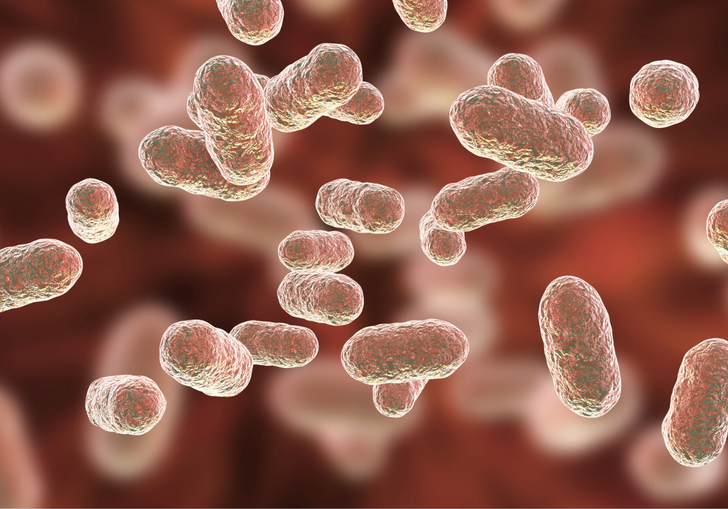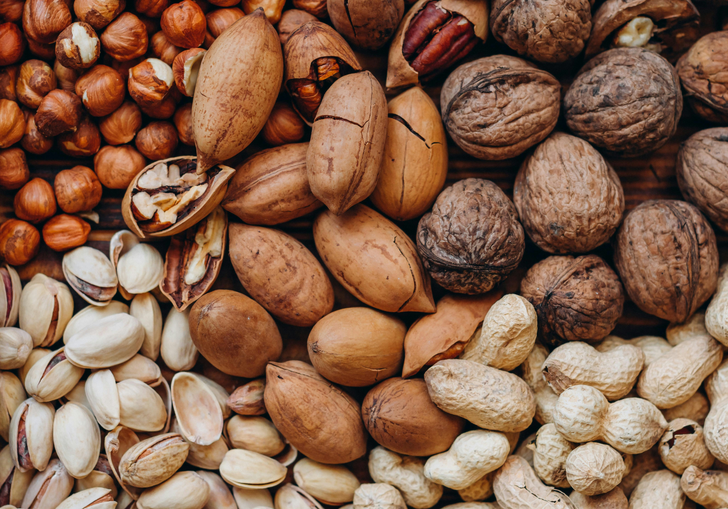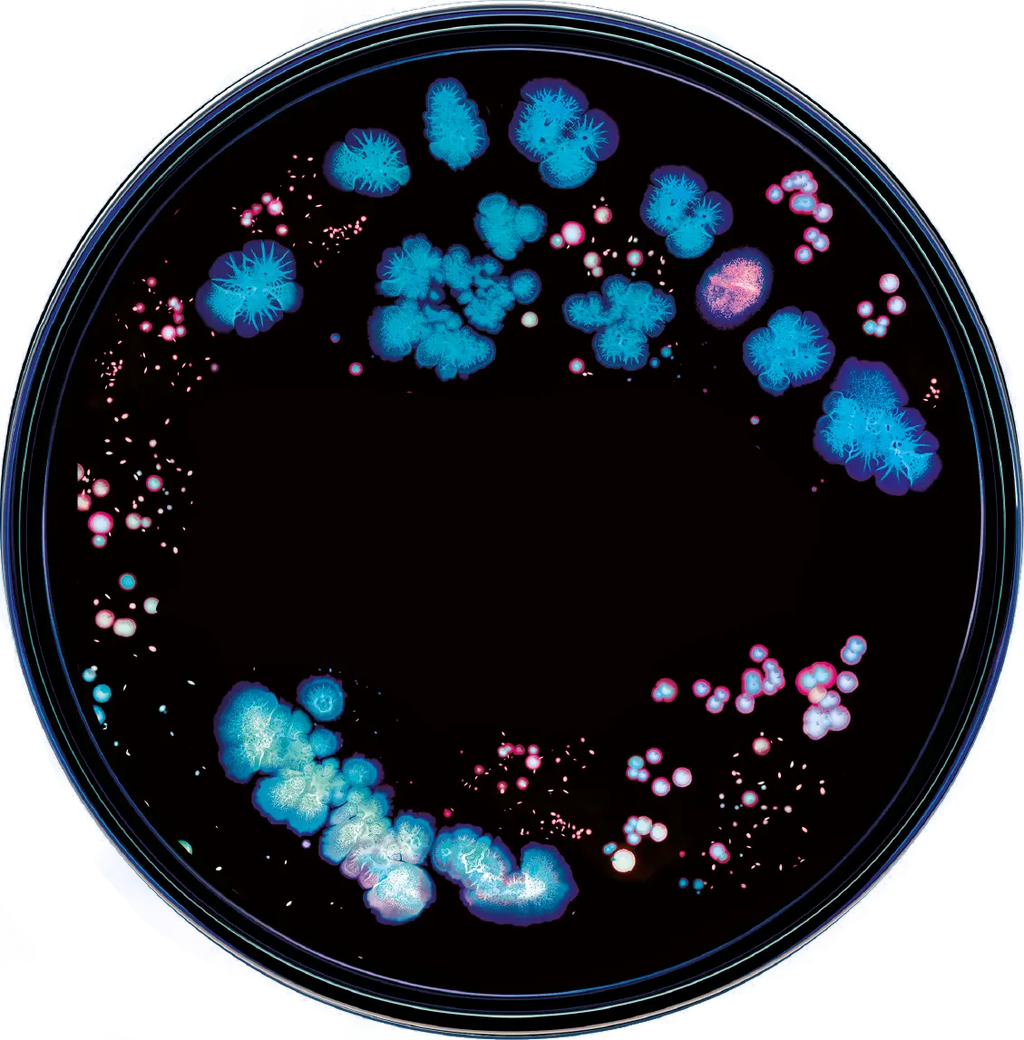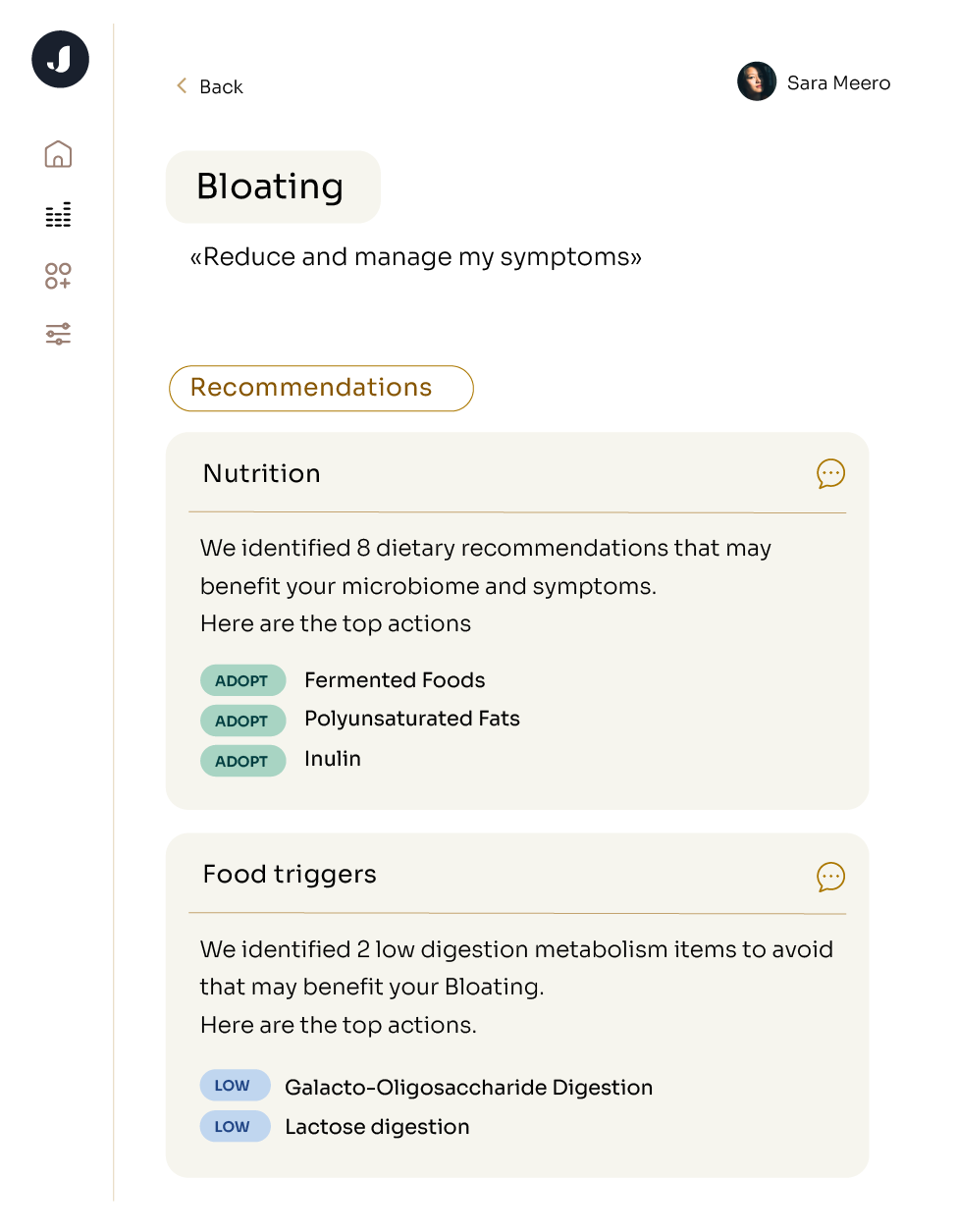Beulens JW, Booth SL, van den Heuvel EG, Stoecklin E, Baka A, Vermeer C. The role of menaquinones (vitamin K₂) in human health. Br J Nutr. 2013 Oct;110(8):1357-68. doi: 10.1017/S0007114513001013. Epub 2013 Apr 16. PMID: 23590754.
Conly JM, Stein K, Worobetz L, Rutledge-Harding S. The contribution of vitamin K2 (menaquinones) produced by the intestinal microflora to human nutritional requirements for vitamin K. Am J Gastroenterol. 1994 Jun;89(6):915-23. PMID: 8198105.
Karl JP, Meydani M, Barnett JB, Vanegas SM, Barger K, Fu X, Goldin B, Kane A, Rasmussen H, Vangay P, Knights D, Jonnalagadda SS, Saltzman E, Roberts SB, Meydani SN, Booth SL. Fecal concentrations of bacterially derived vitamin K forms are associated with gut microbiota composition but not plasma or fecal cytokine concentrations in healthy adults. Am J Clin Nutr. 2017 Oct;106(4):1052-1061. doi: 10.3945/ajcn.117.155424. Epub 2017 Aug 16. PMID: 28814395; PMCID: PMC5611782.
Kuwabara A, Tanaka K, Tsugawa N, Nakase H, Tsuji H, Shide K, Kamao M, Chiba T, Inagaki N, Okano T, Kido S. High prevalence of vitamin K and D deficiency and decreased BMD in inflammatory bowel disease. Osteoporos Int. 2009 Jun;20(6):935-42. doi: 10.1007/s00198-008-0764-2. Epub 2008 Sep 30. PMID: 18825300.
National Library of Medicine. (n.d.). Vitamin K. MedlinePlus. U.S. National Institutes of Health. https://medlineplus.gov/ency/article/002408.htm





